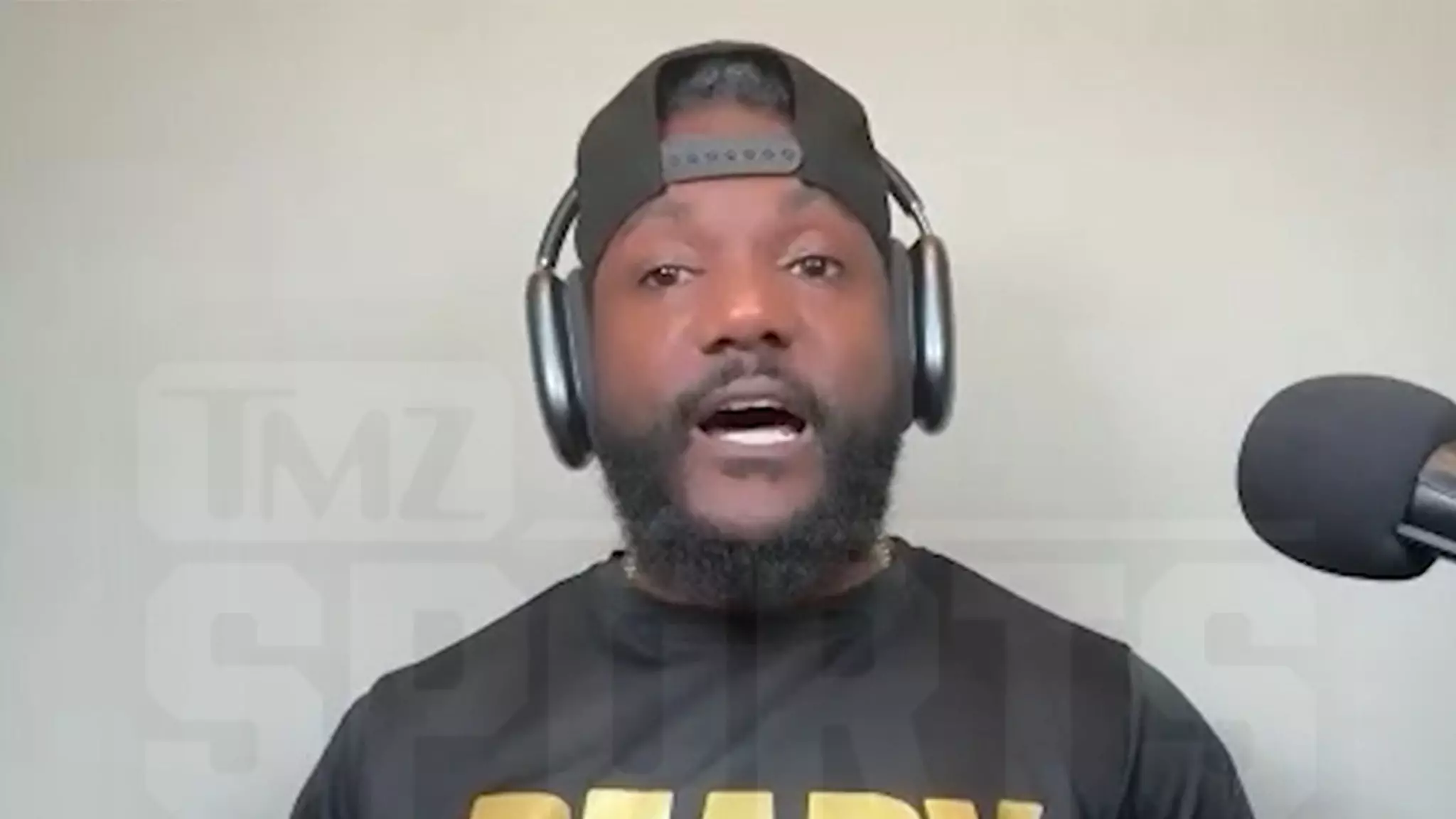Justin Gatlin, a respected USA track legend, recently spoke out in defense of Noah Lyles’ decision to compete in the Olympics despite testing positive for COVID-19. Gatlin emphasized the significance of the Olympic dream and the rare opportunity it presents. While Gatlin acknowledges the seriousness of the disease, he believes that advancements in medicine have lessened the potential risks associated with COVID-19. He expressed understanding for Lyles’ determination to compete, despite the potential risks to other athletes and individuals in the vicinity.
Lyles’ decision to participate in the 200-meter final in Paris while symptomatic for COVID-19 sparked controversy within the sports world. Many critics argued that Lyles endangered his fellow competitors and compromised the safety of others by choosing to compete under such circumstances. The ethical dilemma of prioritizing personal achievement over public health and safety was brought to light through this incident.
Although Lyles managed to secure a bronze medal in the 200-meter event, he ultimately opted out of Team USA’s run in the 4×100 event to focus on his recovery. The team’s loss without Lyles raised questions about the impact of his absence on the race’s outcome. Gatlin suggested that minor adjustments could have potentially altered the results, even without Lyles’ participation.
Gatlin pointed out that the Olympics only occur every four years, unlike regular sporting events such as the NBA Finals or the Super Bowl. He emphasized the extraordinary nature of the Games and the unparalleled significance of competing on the Olympic stage. This once-in-a-lifetime opportunity may have influenced Lyles’ decision to prioritize his personal goals over potential health risks.
The case of Noah Lyles competing while positive for COVID-19 sheds light on the ethical dilemmas faced by athletes in high-stakes competitions. Balancing personal aspirations with the welfare of others raises challenging questions about individual responsibility, public health considerations, and the broader implications of prioritizing success in the face of adversity. As athletes navigate these complex ethical issues, discussions about the moral implications of their choices will continue to shape the landscape of sports and competition.

